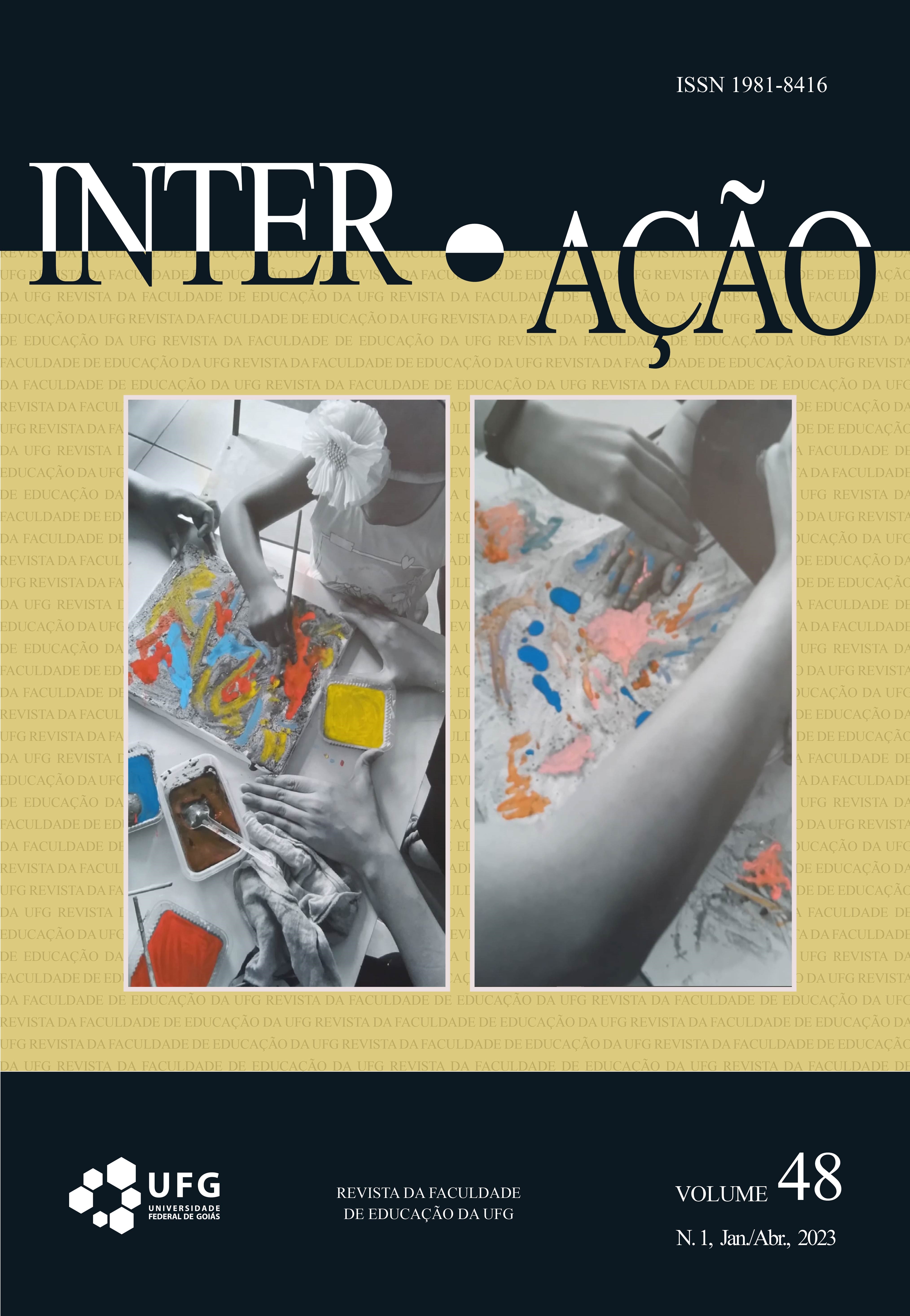ASSUMPTIONS OF AN EMANCIPATORY PEDAGOGY IN THE FACE OF THE MARKET BIAS OF TECHNOLOGY
DOI:
https://doi.org/10.5216/ia.v48i1.74684Abstract
This article is based on a bibliographic research and aims to reflect on the TDICs (Digital Information and Communication Technologies in the school context), in a critical aspect, enabling several readings in the conscious use and the possibilities of interactions in the dialogical relationship between teacher-student. It is part of the concrete practice of the subject, comprising the historical determinants to which we are conditioned, and the multiple relations between the reality of the subjects and the social conditions triggered by capitalist society. The possibilities of reflection meet the production of meanings in the school universe in view of the understanding of technologies in the daily classroom and educational praxis.
KEYWORDS: Reflection; Teacher Training; Technology.
Downloads
Published
How to Cite
Issue
Section
License
Copyright (c) 2023 Ana Paula André

This work is licensed under a Creative Commons Attribution-NonCommercial 4.0 International License.
Inter-Ação uses the Creative Commons Attribution 4.0 License for Open Access Journals (Open Archives Initiative - OAI) as the basis for the transfer of rights. Open access means making documents available on the Internet free of charge, so that users can read, download, copy, distribute, print, search, or link to the full text of documents, process them for indexing, use them as input data for software programs, or use them for any other lawful purpose, without financial, legal, or technical barriers.
Authors publishing in this journal agree to the following conditions:
1) Authors retain copyright and grant the journal the right of first publication, with the work simultaneously licensed under the Creative Commons Attribution License, which permits redistribution of the work with attribution and first publication in this journal.
2) Authors are permitted to enter into additional, separate agreements for non-exclusive distribution of the version of the work published in this journal (e.g., for publication in an institutional repository or as a book chapter), with attribution and first publication in this journal.
3) Authors are permitted and encouraged to publish and distribute their work online (e.g. in institutional repositories or on their home page) at any time before or during the editorial process, as this may generate productive changes as well as increase the impact and citation of the published work.















